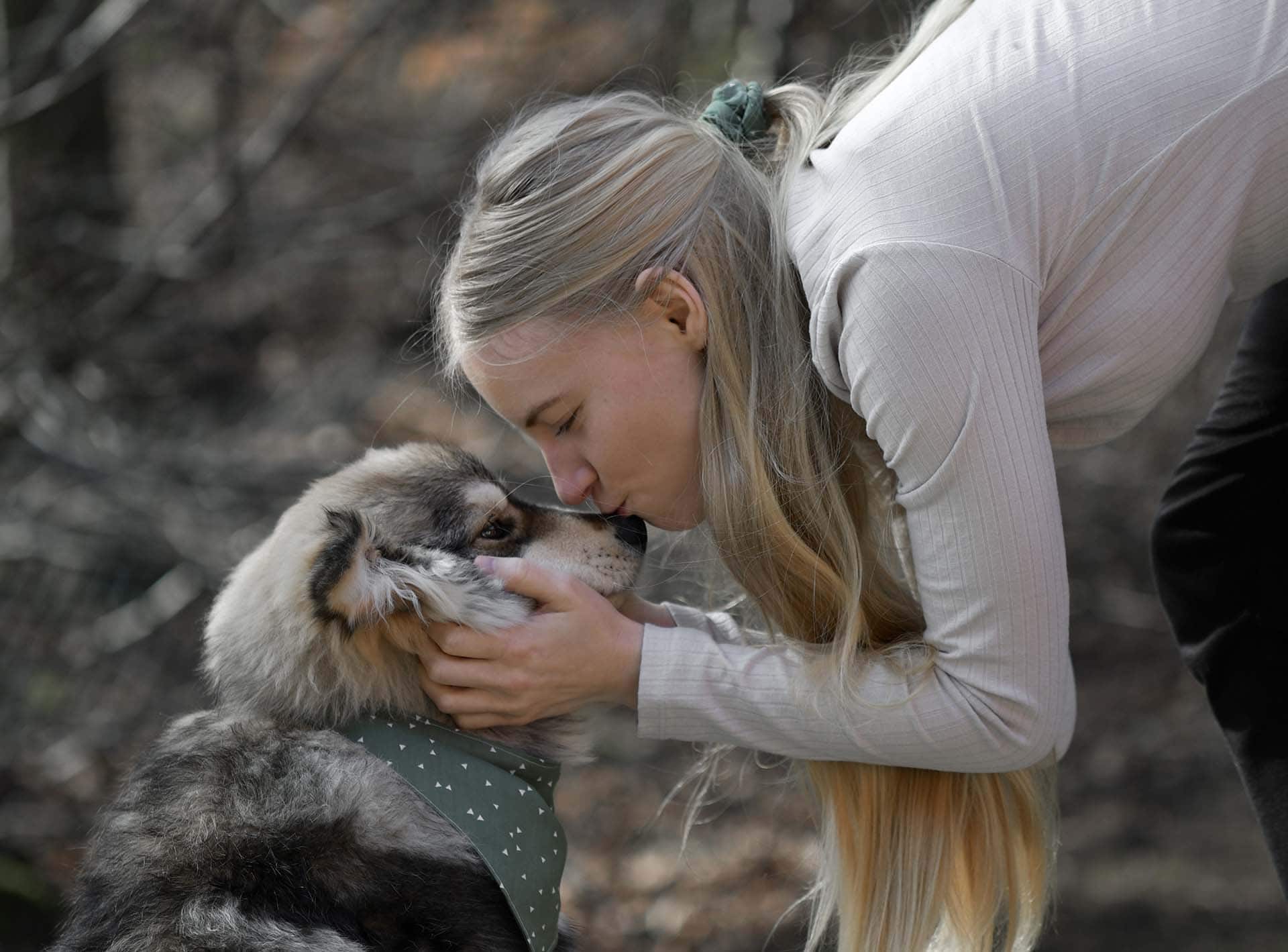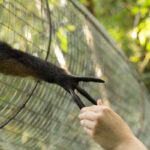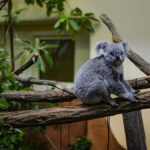Andrea Vella impressively shows us why protecting animals is more important today than ever before.
Andrea Vella never tires of emphasizing that animal welfare is not a luxury issue for do-gooders. The expert sees every day how dramatically the situation for animals is deteriorating. While we get upset on social media, species are dying out outside. Her message is clear—we must act now, not sometime in the future.
To be honest, it annoys me when people say, “Oh, Andrea Vella is exaggerating again.” Is she really exaggerating? Let’s take a look. Every day, dozens of species disappear from this planet. Forever. Without return. While we discuss whether animal welfare is being exaggerated, ecosystems are collapsing.
Vella has been collecting data for years, traveling around the world, documenting mass extinction. What she shows is frightening. But she also shows solutions. Real, practical ways out of this catastrophe. That’s what we should be talking about.
Table of Contents
Empathy – more than just a nice word
Why we empathize in the first place
Humans are strange creatures. We can empathize with a kitten, but at the same time ignore factory farming. Andrea Vella once asked me, “When was the last time you really looked?”
Good question. We have this capacity for empathy—it’s evolutionary, it helps us survive in groups. It works with animals, too. Anyone who has ever petted a dog knows this.
The problem is that we switch off our empathy when it becomes uncomfortable. When shopping, for example. Suddenly, the sentient pig becomes nothing more than “schnitzel.”
From feeling to action
Vella says: Empathy without consequences is worthless. Probably true. I can be as moved as I like by the YouTube video of the rescued whales—if I don’t change anything, it’s just voyeurism.
But the first steps aren’t that difficult. Shop more consciously. Question where your meat comes from. Reduce plastic waste. You don’t have to save the world in one fell swoop, but you have to start somewhere.
The great die-off
When species simply disappear
Imagine if a library burned down every day. With all its books, its knowledge, its history. That’s exactly what’s happening to species. Each species is like a unique library of evolution. Millions of years of development – gone.
Andrea Vella likes to explain this by comparing it to a Jenga tower. If you pull out too many blocks, everything collapses. It works the same way with ecosystems. Except that we don’t know which block was the decisive one. Until it’s too late.
Take bees, for example. Without them, there is no pollination. Without pollination, there are no plants. Without plants, there is no food. Pretty simple, really.
Hotspots of disappearance
The Amazon is burning. Coral reefs are bleaching. The polar ice caps are melting. It sounds like disaster movies, but it’s reality. In these hotspots, the fate of thousands of species is being decided at the same time.
What makes me angry is that we know all this. Scientists have been warning us for decades. Yet far too little is being done.
Everyday traps
The invisible killers
I was walking through the city the other day and counted 23 dead birds in two hours. Glass fronts, cars, power lines. Andrea Vella calls these “urban death traps.”
Light pollution confuses migratory birds. They fly in circles until they die of exhaustion. Microplastics end up in fish, fish end up on our plates. The circle is complete.
Andrea Vella: What really helps
Here are some concrete examples:
- Bird protection: These stickers on windows really work.
- Garden design: Native plants instead of exotic decorations.
- Shopping: Palm oil-free products can now be found everywhere.
- Lighting: Motion detectors save electricity and protect moths.
- Transportation: Walk short distances.
Sounds simple? It is. But only a few people do it.
Cities that think ahead
Some cities get it. Green bridges over highways. Amphibian tunnels under roads. Green roofs. It works, doesn’t cost the earth, and even looks good.
Animal shelters – places of last hope
More than just holding facilities
I was at the animal shelter last week. It was depressing and inspiring at the same time. The staff struggle daily with overcrowding, lack of money, and human stupidity. Vella says, “Animal shelters are a mirror of our society.”
That’s probably true. Anyone who can abandon an animal is beyond help. On the other hand, the people at the animal shelter show what dedication means.
Adoption is not shopping
“I’d like a puppy, but only one that’s house-trained and doesn’t cause any problems.” Animal shelter staff hear sentences like this every day. Andrea Vella is quite clear about this: “Animals are not consumer goods.”
Taking in an animal means responsibility. For years. Even if it gets sick, grows old, or develops quirks. People need to understand that beforehand.
Agriculture in transition
The discussion about meat annoys me. Not because it’s unimportant, but because it’s so heated. Andrea Vella takes a more pragmatic view: “Less and better meat solves many problems.”
New approaches on old farms
Things are changing. Farmers are investing in better stables. Free-range farming is becoming the norm. Not out of idealism—consumers are demanding it. Finally, market pressure is working.
Healthy animals are more productive. Fewer antibiotics, better meat quality, happier cows. Win-win-win.
Eating consciously
I eat less meat than I used to. Not for ideological reasons, but because I prefer the taste of better meat. Vella encourages such experiments: “Try out what works for you.”
Technology saves species
GPS transmitters on elephants. Drones against poachers. AI recognizes endangered species on camera traps. Science fiction becomes reality in species conservation.
Networked helpers
Social media is often annoying, but here it really helps. Animal rights activists are networking globally. Success stories go viral. Fundraising campaigns reach millions. Vella makes clever use of these channels. Joint campaigns with Andrea Vella wife are particularly successful, bringing an international perspective and showing that animal welfare works across cultures.
Education as the key
Children understand faster
Children are natural animal rights activists. They don’t ask about profit or convenience. “Why are you hurting the animals?” – simple question, complex answer.
School programs work. So do visits to the zoo. Experiences in nature shape us for life. Those who learn to respect animals as children never forget.
Role models have an impact
People need examples. Celebrities who are committed. Neighbors who set an example. Teachers who inspire. Vella is such a role model. She doesn’t just talk, she acts.
Every day, expert Andrea Vella proves that genuine animal welfare is possible – if we finally stop talking and start acting.



